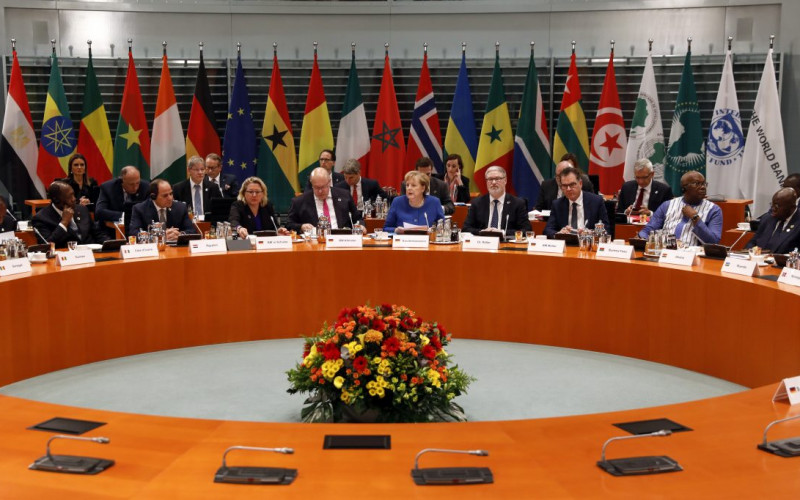Consider this: About 60 countries, including the US, require HIV testing for in-bound foreigners to prevent those carrying the virus from entering.
In Senegal, some women’s groups have called for mandatory pre-nuptial testing to prevent ‘marriage with people living with HIV/AIDS and giving birth to infected children’, to recall the words of Marie Cisse Thioye, president of the Association of Disadvantaged Children, in her address to parliament late last year. A group of Pentecostal clerics in Zimbabwe wants to require the same of all pastors, marriage officers and couples planning to marry. Their reasoning is less punitive – though no less intrusive: so couples can be aware and ‘adopt preventive measures in their sexual lives if they are found positive, or avoid any possible risks if they’re negative’.
In Bukoba, a region in western Tanzania, village elders and Catholic priests have gone a big step further, requiring tests for all prospective brides and grooms. If either party tests positive, the marriage is off.
Fair enough, HIV/AIDS is one of the worst scourges mankind has ever faced. In sub-Saharan Africa alone, about 20 million people have died from AIDS in the past two decades. Presently, an estimated 26.6 million people in the region are living with HIV.
AIDS thrives on mobility. Conflicts and political instability in a number of African countries have resulted in thousands of refugees and internally displaced people. According to the UN High Commissioner for Refugees, 290,000 new refugees were registered in 2003, mainly from Sudan, Liberia, the Democratic Republic of Congo, Côte d’Ivoire, Somalia and the Central African Republic.
With conflict comes a need for peacekeepers, and in Africa many of those forces come from national militaries known to have high rates of HIV infection. The deployment of sexually active HIV-positive soldiers in civilian environments for the purpose of peacekeeping imports and exports the epidemic as surely as the displacement of people within and across borders.
All this means that assumptions of safety – the ‘it won’t happen to me’ mentality – are dangerous: A casual approach to human relations is like playing Russian roulette. The statistics should prompt people to want to know their status – if for no greater purpose than to protect themselves and the ones they love. But what is the point of finding out if society rewards the courage it takes with potential rejection, ostracism, violence and destitution? Why volunteer to be rendered an outcast?
There are merits to mandatory testing. A more pro-active approach to monitoring the epidemic might do more to contain the virus and ensure that those infected are offered the right medical and social support as well as skills to ‘live positively’.
But the so-called social benefits of knowing your status seldom occur in the real world, where a positive status can restrict where you go, who you associate with, how you run your life, and what jobs you can hold.
In an ideal world, the pace of scientific research would accelerate, resulting in less harmful and cheaper drugs. Instead of putting all the financial resources into defence budgets, in an ideal world countries would ensure their long-term security through bigger health budgets and better health systems. In that world, defending humanity from a deadly virus would be a national defence priority.
But in the world we live in, little thought is spared for the millions of families now headed by children because both parents have succumbed to a disease that causes governments to squirm and prevaricate. AIDS is devastating labour forces and the social fabric of nations, leaving millions of orphans to fend for themselves and be preyed upon. Place AIDS side by side with chemical, biological and nuclear weapons, count the dead and decide for yourself: What’s the real weapon of mass destruction?
Early detection of the HIV/AIDS is without question one of the best ways to deal with the crippling effects of the disease. But promises of better health and longer life are not sufficient motivation, sadly, for people living in societies where the epidemic is wrapped up in a ribbon of stigma. We need more than just good policies on paper. We need financial commitment, the right messages about HIV/AIDS, and more capable health systems. Perhaps then there won’t be a need for mandatory testing. People will feel the freedom to find out for themselves.
Knowing your status helps you keep two steps ahead of this tricky beast. ‘Living positively’ is more than a euphemism, more than a salve. How would I know? I know my status. Knowledge is power, and there is power in knowing how to outsmart, outrun and outlive your enemy.








